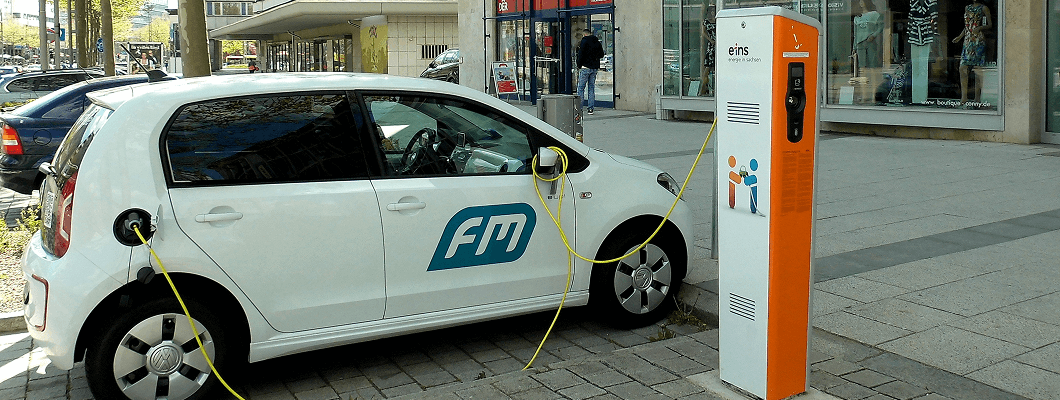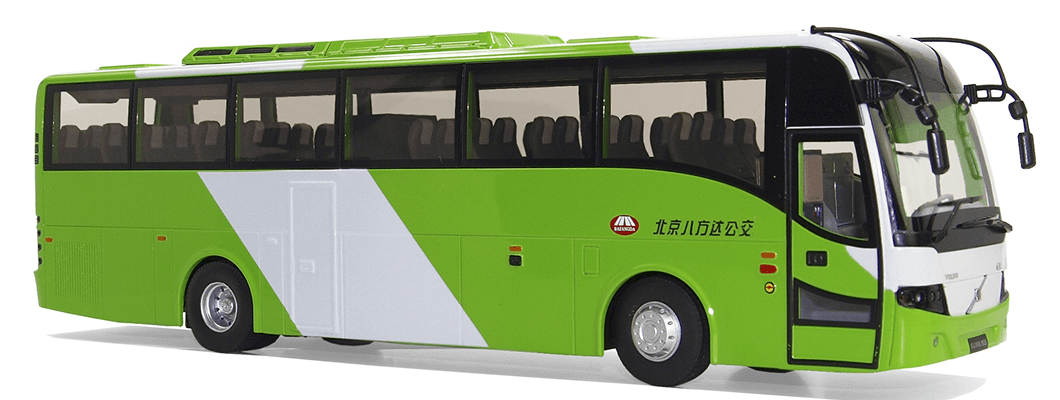supported vehicles
compatible with all your vehicles





Jupital Pro was founded with a simple yet powerful mission — to make electric mobility practical, reliable, and sustainable for every world commuter. This Environmental Impact Report outlines how Jupital Pro’s operations, products, and initiatives contribute to reducing carbon emissions, conserving resources, and promoting sustainable urban transportation.
2. Sustainable Manufacturing
- Eco-Friendly Materials: Components are selected with sustainability in mind, including recyclable aluminum frames, low-toxicity plastics, and energy-efficient electronics.
- Waste Reduction: Manufacturing facilities follow waste segregation and recycling programs to minimize landfill impact.
- Energy Efficiency: Production lines utilize renewable or low-carbon energy sources where available to reduce total carbon footprint.
- Supplier Responsibility: Jupital Pro partners with ethical suppliers who meet environmental compliance standards and demonstrate sustainable sourcing practices.
3. Clean Energy Usage
- All charging systems are designed to be compatible with renewable energy sources such as solar or wind power.
- The company encourages users to charge their devices during off-peak hours or via solar charging setups to reduce grid strain.
- By switching from petrol-based commuting to electric mobility, every Jupital Pro rider directly reduces carbon emissions and urban air pollution.
4. Carbon Footprint Reduction
- Each Jupital Pro electric scooter or vehicle produces zero direct tailpipe emissions, contributing to cleaner city air.
- An average user can reduce up to 500–700 kg of CO₂ annually compared to a fuel-powered scooter.
- Lifecycle analysis shows a significant reduction in greenhouse gas emissions over five years of use, even when accounting for battery production and recycling.
5. Battery Recycling & Disposal
- Jupital Pro implements a Battery Take-Back Program to ensure safe recycling and proper disposal of lithium-ion batteries.
- Old batteries are processed through certified recycling partners to recover valuable materials like lithium, cobalt, and nickel.
- The company discourages improper disposal to prevent soil and water contamination.
6. Packaging & Logistics
- Packaging uses biodegradable or recyclable materials wherever possible.
- Compact, efficient packaging designs reduce shipping volume and associated emissions.
- Logistics operations are optimized to minimize fuel consumption during transportation and delivery.
7. Community & Awareness Initiatives
- Jupital Pro actively supports environmental education and community programs promoting clean commuting.
- Partnerships with local governments and sustainability organizations aim to develop green infrastructure, such as e-scooter charging stations powered by solar energy.
- Awareness campaigns encourage users to adopt responsible usage and eco-conscious maintenance habits.
8. Continuous Improvement
- The company maintains a “Sustainability First” policy, ensuring each new model or process upgrade meets stricter environmental standards.
- Annual sustainability reviews are conducted to track progress in carbon reduction, energy efficiency, and waste management.
- Innovation efforts are focused on developing longer-lasting batteries, lightweight materials, and circular economy solutions for end-of-life components.
9. Summary of Environmental Benefits
| Impact Area | Key Benefit |
|---|---|
| Emissions | Zero direct CO₂ and air pollutants |
| Energy | Compatible with renewable power sources |
| Materials | Recyclable and responsibly sourced |
| Waste | Battery recycling and eco-packaging |
| Community | Promotes sustainable urban commuting |
| Lifecycle | Lower carbon footprint than petrol alternatives |
